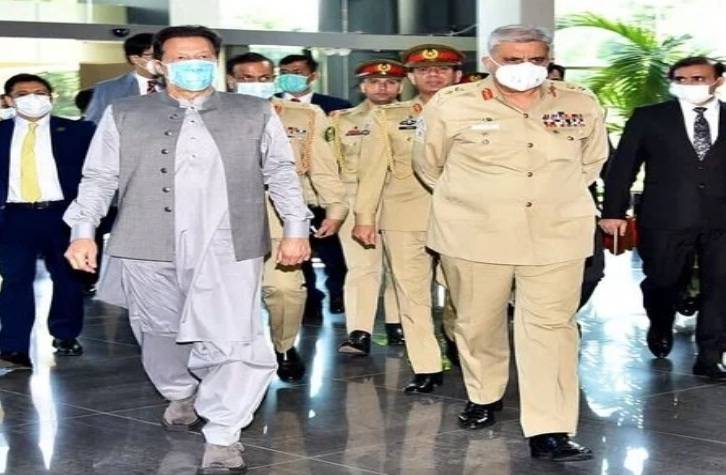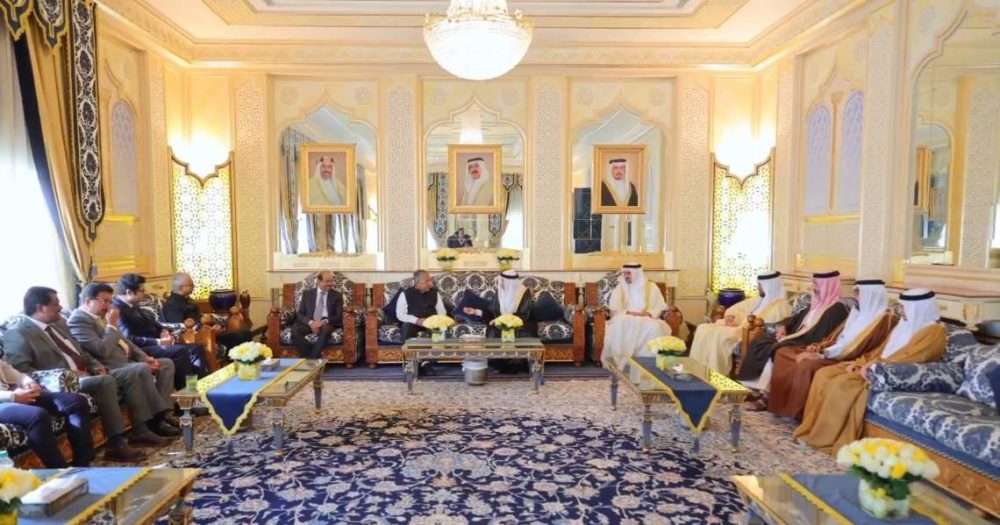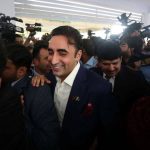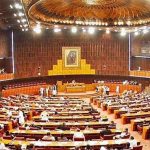The Pakistani premier once again reiterated that he would make “Naya Pakistan” into an Islamic welfare state, one based on the model of the State of Madina on the guiding principles of the Prophet…reports Mrityunjoy Kumar Jha
It has been two weeks but Pakistani Prime Minister Imran Khan has yet to choose one out of the three names for the post of the chief of the Inter State Intelligence (ISI) which is the main reason for the faceoff between him and the army chief General Qamar Javed Bajwa. Despite the claims by Khans ministers that “matter” is sorted out with Bajwa, Khan has been taking digs, which is highly unusual, at the military establishment from every possible public platform.
The Pakistani premier once again reiterated that he would make “Naya Pakistan” into an Islamic welfare state, one based on the model of the State of Madina on the guiding principles of the Prophet where all will be equal before the law including powerful people and generals.
“The system of the state of Madina was based on justice and merit, even a general was promoted to the higher rank on the basis of performance,” Khan said in veil reference of his ongoing tussle with the Pakistani army chief Bajwa.

“Law will be based on the guiding principles of Prophet Muhammad (PBUH),” Khan said while addressing the Rehmatul-lil-Aalameen conference on Tuesday.
“Prophets stressed Muslims to seek knowledge, even if they have to go to China for the purpose. By acquiring knowledge, Muslims became the greatest scientists of the world in the past,” Pakistani daily The News quoted Khan as saying.
Though Imran Khan has been talking about “Naya Pakistan” since he was made the Prime Minister, he never talked about how he is planning to achieve it? Is the Madina state a template for Pakistan’s political, military and judicial reconstruction or just a slogan?
Imran Khan’s interpretation of Madina Riyasat is different. Last week, he announced the formation of Rehmatul-lil-Aalamin Authority – a council of mullahs and religious clerics to save the people of Pakistan from the western culture.
“They (authority) will tell us what things need to be changed,” he declared.
Interestingly, last week the Pakistani Prime Minister Khan had promised mullahs that no laws which are against the Islamic rules will be enacted during his regime and two major bills, the first to address the issue of domestic violence and another drafted to check forced conversions, will not be enacted as they are against Islamic law.
Last year his government introduced the controversial Single National Curriculum Policy (SNCP) in an attempt to mainstream madrassas (seminaries). He also asked the provincial government to ensure that teaching of the Holy Quran should be made compulsory at the college and university level. Without passing the required examination no student will be able to get a BA, BSc, BE, ME, MA, MSc, MPhil, PhD or medical degree.

Khan’s reputation as a Westernized former cricketer and playboy sometimes misleads foreigners into assuming that he might represent a liberal vision for Pakistan. In fact, Khan represents Pakistan’s further descent into obscurantism and unabashed bigotry.
While moderate sections of Pakistani society are being marginalised, religious parties and their causes are flourishing.
As Pakistani columnist Pervez Hoodbhoy wonders, “The masses had responded favourably when Gen Ziaul Haq had raised a similar slogan in the 1980s � that of Nizam-i-Mustafa. Disappointment soon followed. Can it be different this time?”
Meanwhile, the stand-off in Islamabad is nerve-wracking. With neither side ready to relent, all eyes have turned to Bajwa. Imran is known to be “their man”.
(The content is being carried under an arrangement with indianarrative.com)














